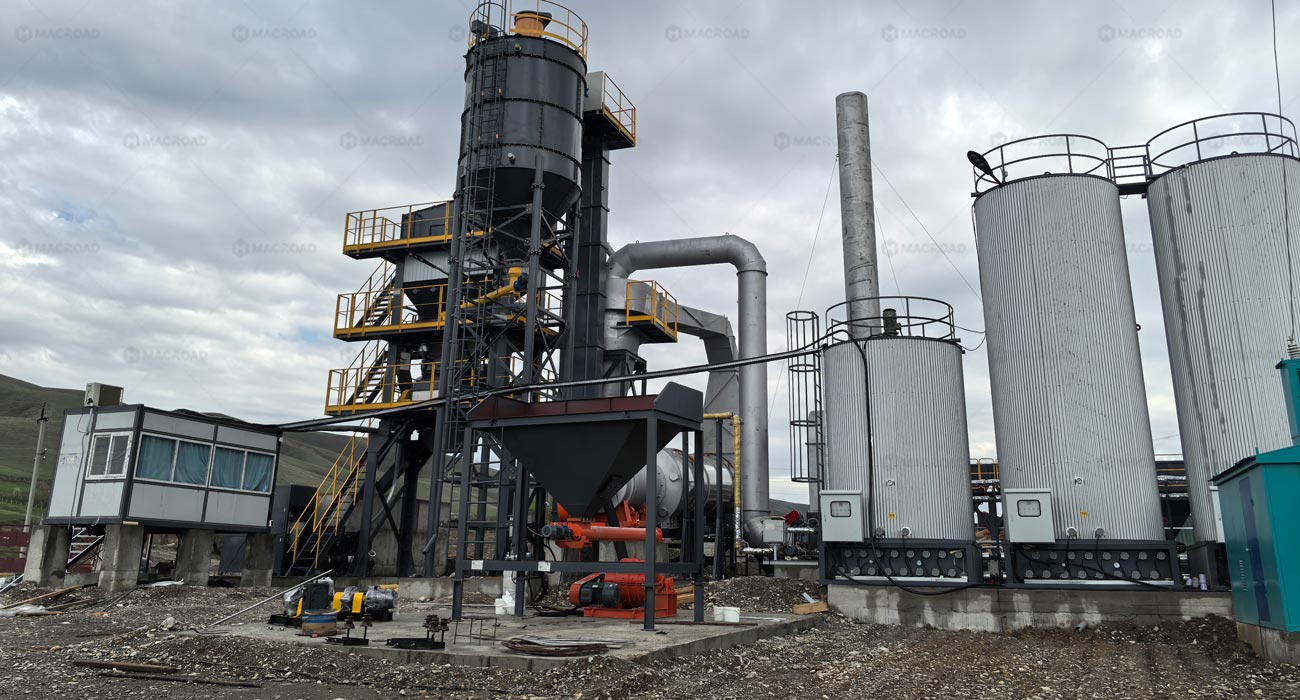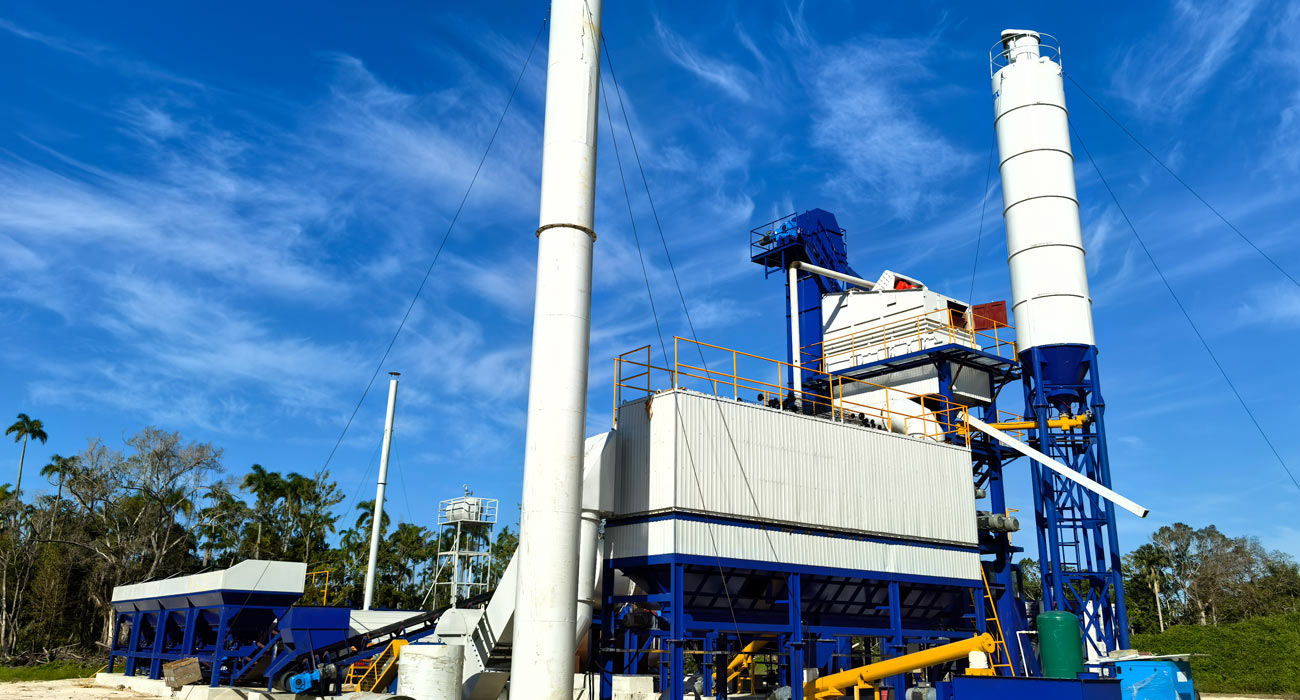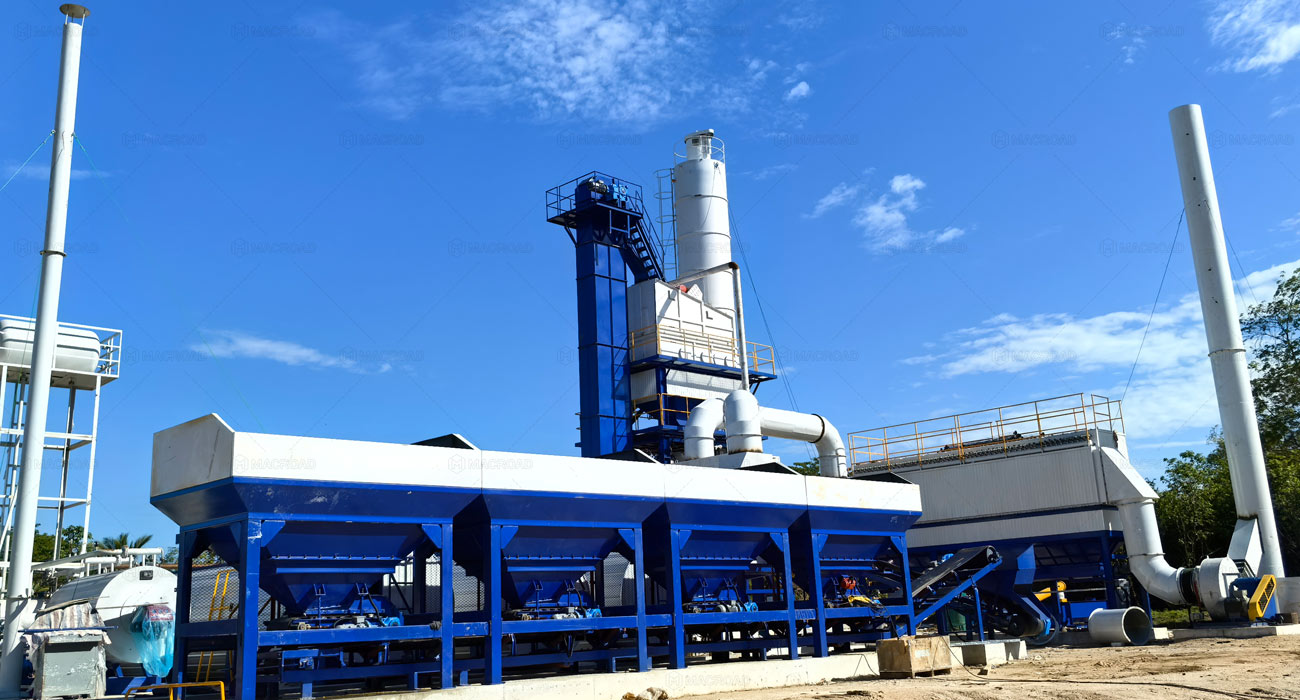Technical training services provided by asphalt mixing plants offer significant value to customer construction teams. These services are essential for ensuring that teams are well-equipped to operate equipment efficiently, adhere to safety standards, and produce high-quality asphalt products. By investing in training, construction teams can improve performance, reduce errors, and enhance overall project outcomes. This article explores the importance of technical training services from a user-centric perspective, highlighting the benefits they bring to construction teams.

Enhancing Operational Efficiency
One of the primary benefits of technical training services is the enhancement of operational efficiency within construction teams. When workers understand how to operate asphalt mixing plants effectively, they can produce asphalt more quickly and with greater accuracy. Training programs often cover essential topics, such as proper equipment operation, maintenance procedures, and troubleshooting techniques.
For instance, asphalt plant supplier like Macroad will provide this service to ensure that construction teams are familiar with the specific features of their equipment, whether it’s a fixed asphalt mixing plant or a mobile asphalt plant. This knowledge allows teams to minimize downtime and maximize productivity. Well-trained personnel can operate the machinery with confidence, leading to faster project completion times and improved quality of work.
Moreover, training helps teams understand the importance of adhering to best practices during asphalt production. This understanding not only enhances efficiency but also prevents costly mistakes that could arise from improper handling or operation of equipment.

Reducing Safety Risks
Another significant value of technical training services is the reduction of safety risks on construction sites. Asphalt mixing plants can be complex and potentially hazardous environments. Providing training on safety protocols and emergency procedures is crucial for protecting workers and ensuring compliance with industry regulations.
By equipping construction teams with the knowledge to identify hazards and implement safety measures, training programs foster a culture of safety awareness. This proactive approach minimizes the risk of accidents and injuries, ultimately leading to a safer work environment.
Additionally, when workers are confident in their ability to operate equipment safely, they are less likely to make errors that could lead to accidents. For example, understanding the safe operation of an asphalt drum mix plant can prevent mishaps that may occur during the mixing or transporting processes. A focus on safety not only protects workers but also enhances the reputation of the construction company, as clients often prioritize safety records when selecting contractors.

Improving Quality of Asphalt Production
Technical training services also play a crucial role in improving the quality of asphalt production. When construction teams are well-trained, they can better understand the specific requirements for producing high-quality asphalt mixtures. This knowledge enables them to make informed decisions regarding material selection, mixing techniques, and temperature control.
Training programs typically emphasize the importance of quality assurance practices, which are essential for maintaining the integrity of asphalt road maintenance projects. Teams trained in these practices are more likely to produce asphalt that meets or exceeds industry standards, resulting in longer-lasting and more durable road surfaces.
Furthermore, when teams are knowledgeable about the intricacies of asphalt production, they can quickly identify and address potential issues before they escalate. This proactive approach helps maintain consistent quality throughout the production process, leading to fewer rework instances and enhanced customer satisfaction.
Conclusion
The value of technical training services provided by asphalt mixing plants to customer construction teams is substantial. By enhancing operational efficiency, reducing safety risks, and improving the quality of asphalt production, these training programs empower teams to perform at their best. Investing in training not only benefits construction companies through increased productivity and safety but also fosters a culture of excellence that can lead to long-term success in the industry. As the demand for high-quality asphalt continues to grow, prioritizing technical training services will be essential for staying competitive in the market.
